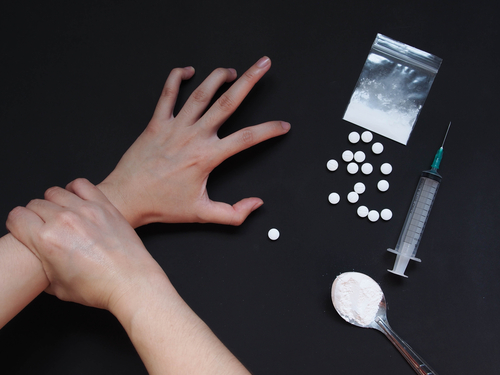How to Talk to Your Teen About Drug Use and Addiction
Teenagers are in an exceptionally rough time in their life, and they often claim that we’ve forgotten what it means to be a teen. We haven’t forgotten, we’ve just accepted that that was a small portion of our life and wasn’t nearly as important as we thought it was at the time. But how do we communicate that to our team, especially when our Carolina rehabilitation experts know that addiction or drug abuse is present in their life?
Drug abuse and addiction can be present in different ways. You might suspect that they’re experimenting or outright of using substances themself, or they may have a close family member that is in the depths of addiction. There are ways to address this sensitive topic in a way that should be understandable. Here are a few ways to address addiction, and it’s many different forms with your teenager or a teenager who plays an important role in your life.
Plan Your Conversation
Having a talk, or having the talk, isn’t just about sitting down at the kitchen table and saying that drugs are bad. In fact, give your teen some time to think about the conversation before you sit down. Tell them that on a certain night, or even tomorrow night, you’re going to have a discussion about drugs and substance abuse and that you’ll answer their questions. Teenagers are tech-savvy, and they know how to research things online. They may have questions that they don’t want to ask you, or they may have questions that they feel the internet has already answered.
Brace yourself to have an open mind, because your team may have already experimented with different substances or alcohol. Know that teens often turn to drugs to self medicate for mental disorders, to fit in, or because they honestly believe it will help them excel in school or sports.
Approach the Topic with Definitives and Consequences
Many parents now are dissuaded from having these conversations because they saw how ineffective they were when they were a teenager. The problem wasn’t having the conversation, or the problem was that in past years and decades, parents would use phrases like “make good choices” or “be smart.”
These phrases refer to general behavior and create many loopholes that the parents who said these things didn’t anticipate. A teen might interpret “being smart” as drinking but not driving.
Instead, outline ahead of time that they can go out with friends, as long as there are no drugs. Then issue a consequence, such as if there are drugs (express that even marijuana is a drug), then you will no longer be able to go out with friends. If the time comes, you may administer additional consequences such as taking away certain privileges, but giving the one general thing you can guarantee show us your teenager that there will, without question, be consequences.
Addiction in Their Family
About 12.3% of children in the United States live with at least one parent who has a substance abuse disorder. That’s a total of nearly 8.7 million children between the ages of 0 and 17 who have the primary adult figure in their life living with addiction. It is well known that addiction is a family disease, and seeing an adult with addiction often leads teenagers into addiction as well.
The best thing to do for these teens or budding adults is to give them a set of tools and a solid support network so they can deal with the ramifications of that adult’s choices. Therapy is helpful, but the people closest to the teen need to be able to provide support and assets early drug use.
Find Support from the Professionals
It’s best to talk directly with professionals. People working in Rehabilitation Facilities often work with very young adults and teens. Some therapists even specialize in working with children and teenagers who have seen or experienced addiction. These therapists have not only the knowledge but different sets of tools that they can bring into their conversations to help these teams understand what’s happening, and what they can do to lead a better life.
If you need addiction help, reach out to Rehab Carolinas, where you can find support from licensed counselors and people who spent a long time interacting with the recovery community. Our facilities focus on outpatient treatment, which can help teenagers maintain their at-home lifestyle, and still gain insight and understanding into addiction and substance abuse. If you know the teenager has a family member suffering from addiction, then group therapy or addiction therapy can help the teen.
